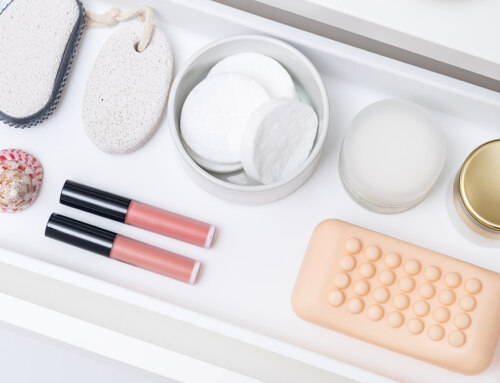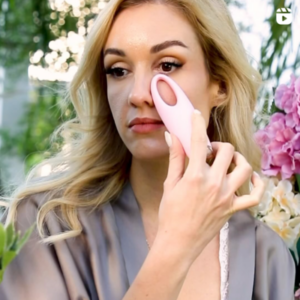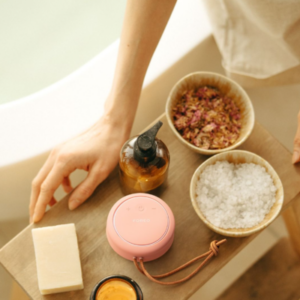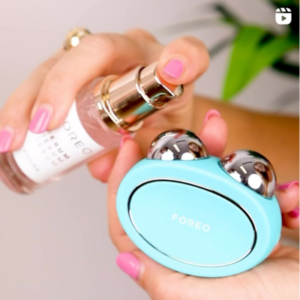Grief is understandably something that none of us want to go through. However, it’s something that all of us at some point in our lives will have to deal with. Usually, when we think of how grief will affect us, it’s easy to understand the mental or emotional impact.
Contents
How can we cope with grief?
Grief is not only a powerful emotion but also a lengthy process, with a lot of ups and downs. The path to recovering from loss can be a rocky one, and sometimes the overwhelming nature of grief can make it seem like there’s no light at the end of the tunnel.
There are certainly ways in which we can try and make the process more bearable for ourselves, thereby potentially easing some of the accompanying symptoms. Starting with something as simple as a good everyday skincare routine, might not seem as though it’s relevant to grieve, but grief can have a physical effect on your body and skin too. It’s important to ensure you’re looking after your skin’s health during this turbulent time.
What are the physical symptoms of grief?
Dr. Raj Arora, GP, and Foreo Skincare expert explains: “Grief or bereavement can understandably result in physical reactions in the human body. One of them is when the body releases the hormone cortisol in reaction to stress. Cortisol is a catabolic hormone that breaks down tissue and, in excess, can lead to collagen breakdown and accelerated aging.

Grief or bereavement releases the hormone cortisol in reaction to stress that breaks down tissue and, in excess, can lead to collagen breakdown and accelerated aging.
High cortisol levels prompt the skin’s sebaceous glands to release more sebum. This in turn results in clogged pores, inflammation, and an increase in p.acnes bacteria leading to acne and breakouts. Also, increased stress and cortisol production has been linked to barrier dysfunction, triggering dry, inflamed skin or exacerbating existing chronic skin conditions.
Increased stress and cortisol production has also been linked to barrier dysfunction; triggering dry, inflamed skin or exacerbating existing chronic skin conditions. Furthermore, stress hormones can result in “stress-induced urticaria”, a distinctive rash with raised red patches and hives. These lesions are usually also extremely itchy.”
What you can do for your skin?
This prolonged effect, which Dr. Arora describes as a type of “fight or flight” response can ultimately lead to dull and dry skin.
The best skincare for dry skin includes products with moisturizing and hydrating ingredients like fruit-derived oils and hyaluronic acid that leave the skin looking and feeling bright and refreshed.
In the first instance, it’s a good idea to incorporate an exfoliator into your routine. This will help to boost circulation and lymphatic drainage as well as rid dead skin cells to reveal a more radiant complexion.
Additionally, dry skin requires a good amount of moisturizing. Look out for hydrating serums, and moisturizers that will help to protect your skin barrier. Adding face masks that you can use once or even twice a week to help dull-looking skin with a healthier, more vibrant glow.





















Interesting post and thanks for the tips
This is a really interesting but deep angle, well done Lottie!